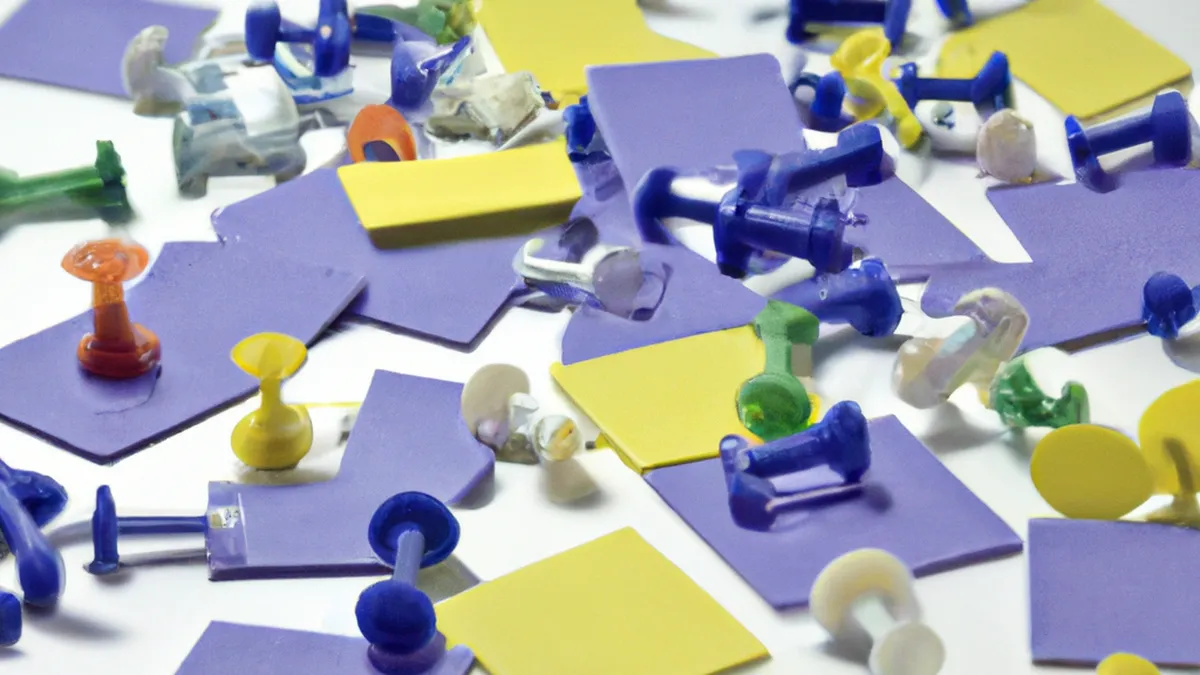Rediscovering Joy: Play as Healing Tool
Exploring the Role of Play in Recovery Strategies
Recovering from physical, emotional, or mental challenges can be daunting. Many individuals rely on traditional methods like therapy, medication, or structured exercise. However, integrating play into recovery strategies can yield significant benefits. Play serves as a powerful tool for adults seeking healing and rejuvenation. This blog post explores the role of play in recovery, offers actionable tips for integration, and discusses its many benefits.
The Importance of Play in Recovery
Play fosters creativity, imagination, and self-expression. During recovery, individuals often feel isolated, stressed, and anxious. Engaging in playful activities can alleviate these emotional challenges. Play helps individuals escape the seriousness of their situation, allowing them to experience joy and spontaneity.
Emotional Release and Stress Relief
Play facilitates emotional release. Engaging in playful activities often leads to laughter, smiles, and lighter feelings. This release serves as a powerful antidote to stress and anxiety. Play shifts focus from negative thoughts to enjoyment in the present moment. This shift enhances mental well-being and provides crucial breaks from recovery burdens.
Social Interaction and Connection
Play encourages vital social interaction for emotional healing. Many individuals in recovery feel isolated or disconnected. Participating in games, team sports, or creative endeavors fosters connections and builds relationships. These interactions offer emotional support, enhance belonging, and combat loneliness.
Cognitive Benefits
Play stimulates cognitive function. Engaging in challenging games or activities improves problem-solving skills, enhances creativity, and promotes mental agility. This cognitive stimulation benefits individuals recovering from trauma or mental health challenges, helping to rewire the brain and build resilience.
Tips for Incorporating Play into Recovery
Incorporating play into your recovery may seem challenging, especially if you focus on serious aspects of healing. Here are practical tips for integrating play into your daily life:
1. Choose Activities You Enjoy
Identify activities that spark joy and excitement. Whether painting, playing board games, dancing, or gardening, focus on what makes you happy. Enjoyable activities keep you motivated and engaged, making play easier to incorporate.
2. Schedule Playtime
Prioritize play by scheduling dedicated time each week, just like therapy sessions or exercise. Consistency reinforces the importance of play in recovery. Treat this time as sacred and non-negotiable, allowing yourself to fully immerse in the experience.
3. Engage with Others
Invite friends or family to join your playful activities. Engaging with others enhances the experience and strengthens connections.
Conclusion
Incorporating play into recovery strategies offers emotional release, social interaction, and cognitive benefits. Embrace play to enhance your healing journey.
Below are related products based on this post:
FAQ
Why is play important in recovery from physical, emotional, or mental challenges?
Play is important in recovery because it fosters creativity, imagination, and self-expression. It helps alleviate feelings of isolation, stress, and anxiety, allowing individuals to experience joy and spontaneity. Engaging in playful activities provides emotional release, enhances mental well-being, and offers crucial breaks from the burdens of recovery.
How can I incorporate play into my recovery strategy?
You can incorporate play into your recovery strategy by choosing activities you enjoy, scheduling dedicated playtime each week, and engaging with others. Identifying enjoyable activities keeps you motivated, while consistent playtime reinforces its importance in your healing process. Inviting friends or family to join you can also enhance the experience and strengthen connections.
What cognitive benefits does play offer during the recovery process?
Play stimulates cognitive function by improving problem-solving skills, enhancing creativity, and promoting mental agility. Engaging in challenging games or activities can help individuals recovering from trauma or mental health challenges rewire their brains and build resilience, ultimately contributing to a healthier mental state.















Post Comment